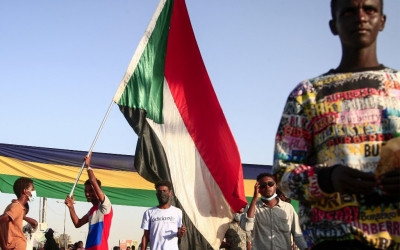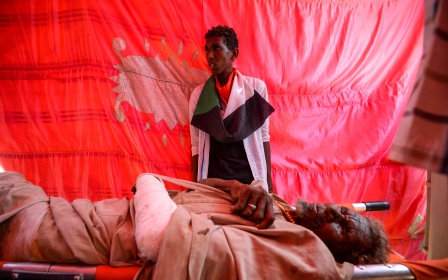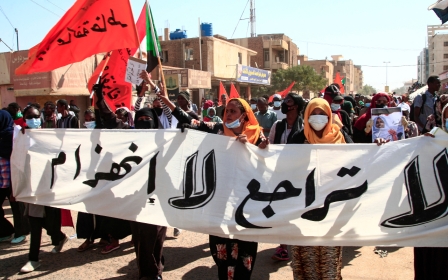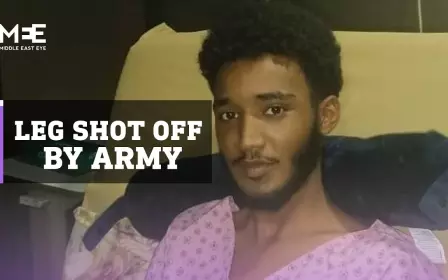Sudan's PM Hamdok 'to resign within hours'
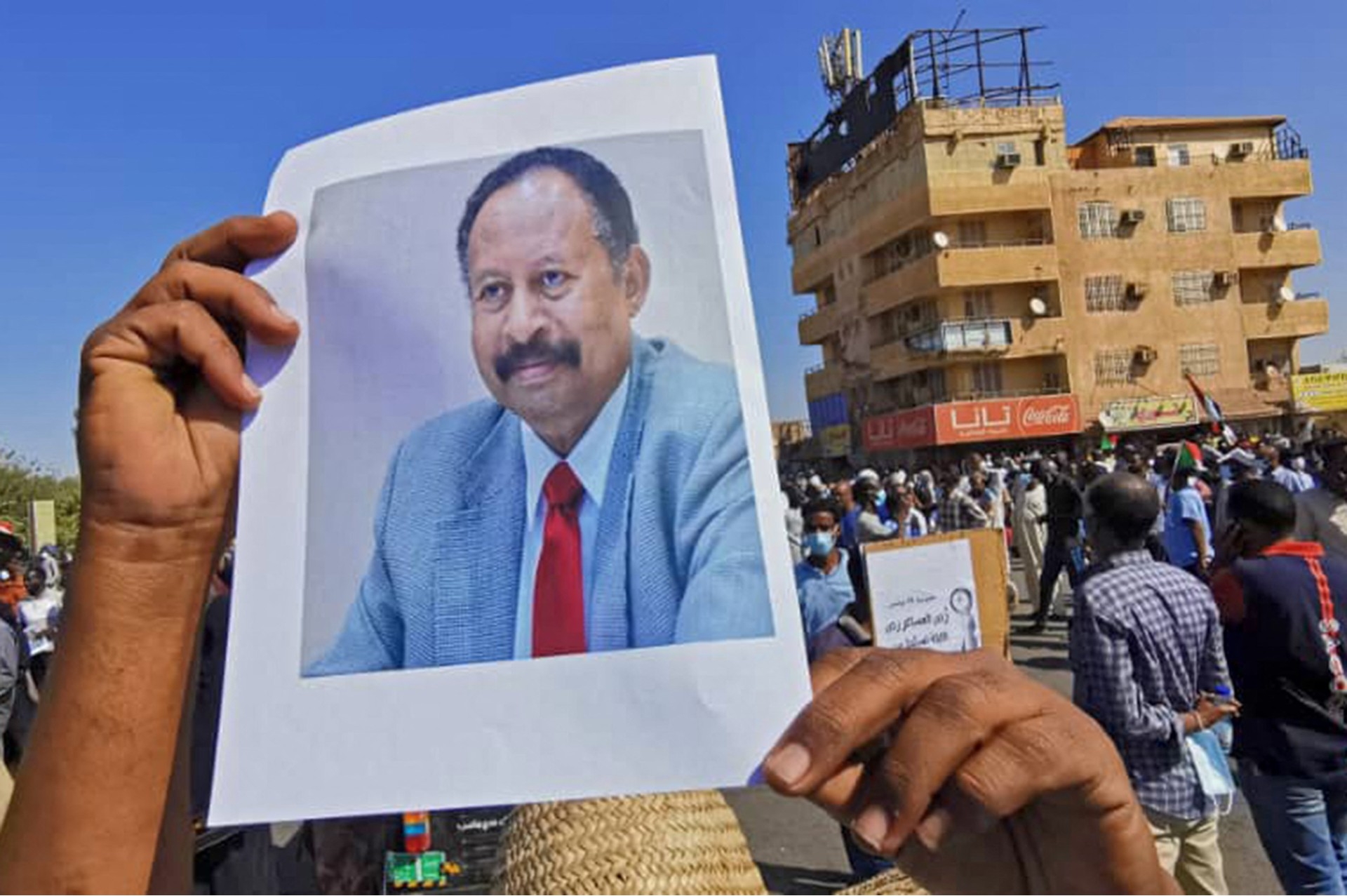
Sudan's Prime Minister Abdalla Hamdok told a group of political figures that he intends to resign from his post within the next several hours, two sources close to the premier told Reuters on Tuesday evening.
The group called on him to stay in his position but he insisted he would leave, the sources added.
Middle East Eye could not independently verify the Reuters report by the time of writing.
After the 25 October military coup led by General Abdel Fattah al-Burhan, which upended the country's democratic transition process, Hamdok had seen a surge in popularity when he was placed under house arrest.
However, for weeks he has been facing a popular backlash on the streets and among political groups that previously supported him after he made a deal with the military and was reinstated as prime minister last month.
The deal, which included the release of political detainees and the formation of an independent cabinet of technocrats, is expected to face multiple challenges; particularly on the creation of transitional institutions, the position of the army, and even the formation of a new sovereign council.
Many protesters who previously saw Hamdok as a symbol of civilian resistance to military rule denounced his deal as a betrayal.
Meanwhile, mass anti-government protests on the streets of Khartoum have continued against both Hamdok and the military.
Last week, footage posted online showed tear gas being thrown into a crowd of protesters, with plumes of gas choking demonstrators that included former ministers from Sudan's ousted transitional government.
Middle East Eye delivers independent and unrivalled coverage and analysis of the Middle East, North Africa and beyond. To learn more about republishing this content and the associated fees, please fill out this form. More about MEE can be found here.


